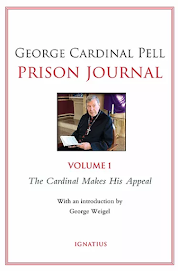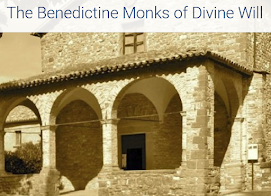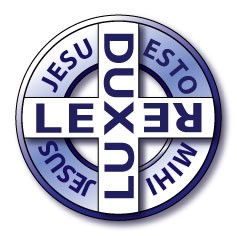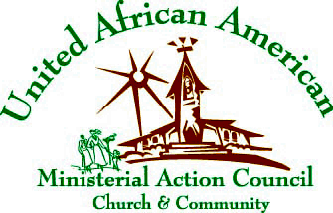Learning Styles … Don't Help
Reading this short book review
came as somewhat of a shock to me since I've been convinced that (a)
each of us has a different learning style (visual, oral, kinetic, etc.)
and (b) we will learn more if we are allowed to learn in our natural
style. Nope:
Study after study has suggested, however, that learning styles are mostly a myth. Teaching someone to memorize something according to their preferred learning style, for example, does not result in a significant improvement in their ability to recall that information later.
And yet "much to the annoyance of psychologists … this idea refuses to die." This has consequences for education, obviously:
For psychology nerds, this is interesting in that it helps explain why this myth has been so hard to kill: It feels true, even if it isn't. But it also, Jarrett points out, provides some useful advice to anyone trying to learn something new. "[L]earning via our preferred style feels more effective even when it isn't," he writes, "an effect that means learning via our preferred style could even be harmful in the sense of giving us false confidence." On the flip side, you might be underestimating your abilities to retain information when it's not presented in the way you like best. | ||
How to Fix Bad Police Departments
Those of us who wish something could be done about police misconduct may be looking in the wrong places.
Over the last few years, police shootings in Ferguson, Chicago, Charleston, and countless other cities and towns across the country have brought unprecedented attention to the question of when police should use lethal force and how cities should respond to allegations of police misconduct. Though reformers often point to independent prosecutors and civilian review boards as possible arbiters of good policing, one unlikely change-agent has largely been left out of the conversation: the insurance company.
I'm
not convinced the "the profit motive" will, in the end, bring better
justice—just the opposite in fact. But it may help in the short run. At
any rate, this article's argument is intriguing.
| ||
The Skinny on Third Party Candidates
More
and more people are in a quandary about casting their November ballot.
We've heard plenty of arguments for and against the Republican and
Democratic candidates. But what are the alternatives for those who are
thinking of voting for neither? Ed Stetzer's blog, The Exchange, has
recently featured articles by evangelicals arguing for third party
candidates Independent Evan McMullin, Libertarian Gary Johnson, and Green Party Jill Stein—and one argument for not voting for any presidential candidate.
| ||
Also…
On this week's Quick to Listen podcast, my co-host Morgan Lee and I talk about the closing of Books & Culture,
the premier evangelical intellectual journal of the last 21 years. Our
guests: B&C editor John Wilson and historian (and author of The Scandal of the Evangelical Mind) Mark Noll.
| ||
Grace and peace,
| ||
| ||
Friday, October 21, 2016
Learning Styles … Don't Help
Subscribe to:
Post Comments (Atom)























No comments:
Post a Comment